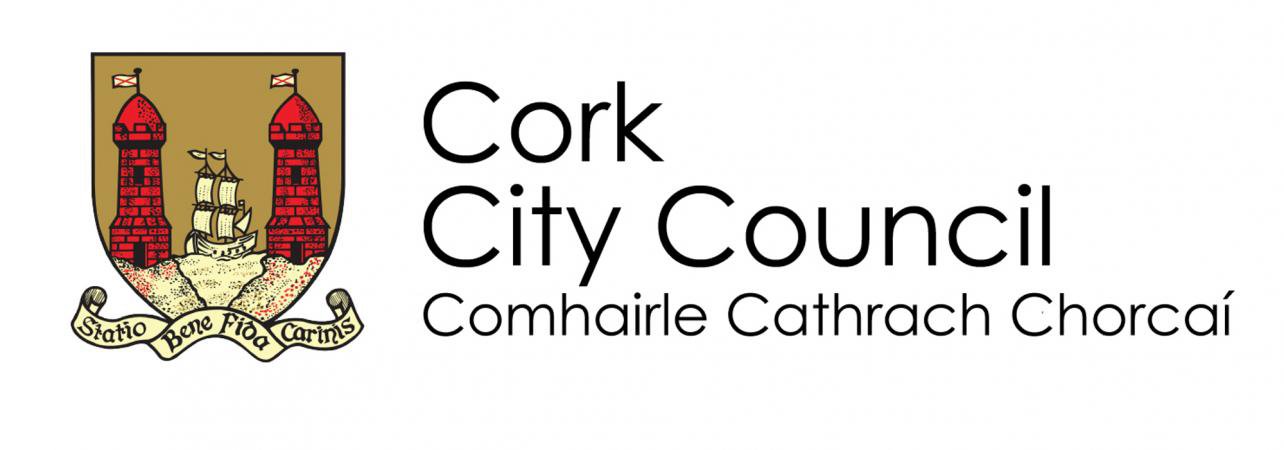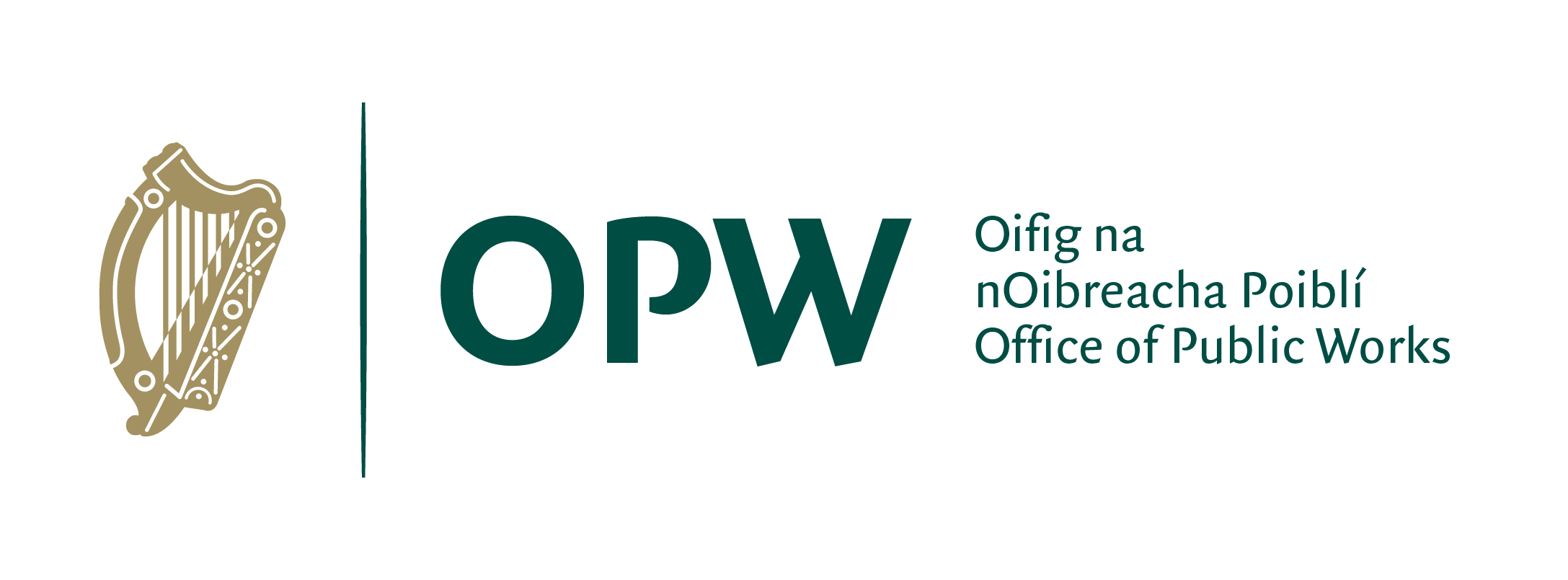Frequently Asked Questions
The current estimated Project Programme is as follows:
- Stage I – Identification of Preferred Scheme: Completed Spring 2016
- Stage II – Public Exhibition of Scheme: Completed Winter 2016
- Stage III – Detailed Design and Tender Process: Completed Summer 202
- Stage IV – Construction: Commenced in Summer 2023.
The current estimate for the construction period is 32 months.
The National Development Plan 2018-2027 commits to almost €1 billion in funding for flood relief schemes, with annual Capital funding for flood relief for the OPW doubling to €100m by 2021.
Provision for the cost of the Scheme is included in the Office of Public Works' multi annual capital allocation.
For the design and implementation of flood relief schemes, OPW’s preferred approach is to adopt a “Managed Adaptive Approach”.
This means that provision is made in the design of the scheme in the present day to allow it to be adapted or enhanced in the future to address climate change. The advantage of the “managed adaptive approach” is that it allows for future learning about the climate to inform on the design of flood mitigation measures for future climate scenarios. The most technically, environmentally and economically viable flood protection scheme that addresses future flood risk can therefore be implemented at the appropriate point in time in the future.
The scheme will defend against the present-day flood risk and will be built to be adaptable to future climate change. This means that the direct defences will be constructed to be extendable (demountable or permanent), depending on the increase in levels/flow that may arise in future.
We will develop a project specific Climate Change Adaptability Plan, which will consider how climate change will impact future flood events and how the scheme will be adapted to meet the required standard in the future. This will be a live document and updated throughout the project lifespan.
The present-day flows are too high to achieve the 1 in 100 year standard of protection required in Glanmire by implementing Natural Flood Management (NFM) measures only. The approach has merits in some catchments for low return period floods, but has limited benefit at larger scales and at high return periods.
NFM requires extensive change of use of large tracts of private lands which is not easily achieved, given multiple stakeholders and landowners within this catchment.
Dredging is always very challenging environmentally. As the Glashaboy River and its tributaries are environmenally sensitive, it would be very unlikely that we could achieve the environmental consents required to undertake dredging. Extensive dredging is also considered not viable for this scheme due to the cost of ongoing maintenance.
The Office of Public Works has no responsibility for oversight or regulation of the insurance industry in relation to flood risk insurance, or to insurance matters generally. The Government’s strategy is that in return to its investment on flood defence schemes in the most at risk communities, households and businesses should be able to access flood insurance.
The Office of Public Works has a very specific role in the exchange of information with the insurance industry in relation to completed flood defence schemes, to an agreed standard of protection desired by the industry.
A Memorandum of Understanding agreed on 24th March 2014, between the Office of Public Works and Insurance Ireland, the representative body for the insurance companies in Ireland has a specific focus on agreeing a basis on which information can be provided to the insurance industry on flood relief schemes completed by the OPW.
The Memorandum came into effect on 1st June, 2014 with an initial tranche of data provided by the Office of Public Works to Insurance Ireland in respect of twelve completed flood defence schemes; showing the design, extent and nature of the protections offered by these works. Details of a further five schemes were provided in January 2015 and details of the Waterford Flood Defence Scheme was provided in 2017.
Since that time the level of flood insurance cover for homes and small businesses for areas protected by OPW flood defence schemes has on average increased from 77% to 82% with the level of flood insurance cover reported to be up to 90% in areas benefitting from fixed defences.
The Department of Finance and the OPW meet with Insurance Ireland to address issues in relation to this transfer of data. It is important to note that while the Memorandum requires that insurers take full account of information provided by the OPW on completed flood defence schemes, it does not guarantee the availability of flood risk cover in the locations for which information has been provided by the OPW. The provision of insurance cover, the level of premiums charged and the policy terms applied are a matter for individual insurers.
Should you have any insurance related complaints or queries, you may to contact Insurance Ireland's Insurance Information Service (01 676 1914 or feedback@insuranceireland.eu). In addition, the Financial Services Ombudsman (1890 88 20 90) deals independently with unresolved complaints from consumers about their individual dealings with all financial service providers.



